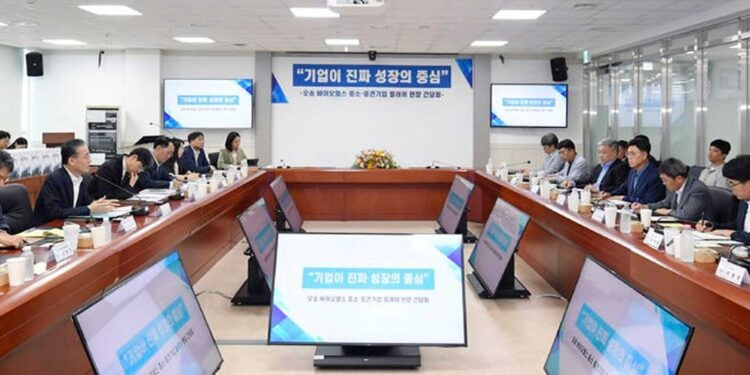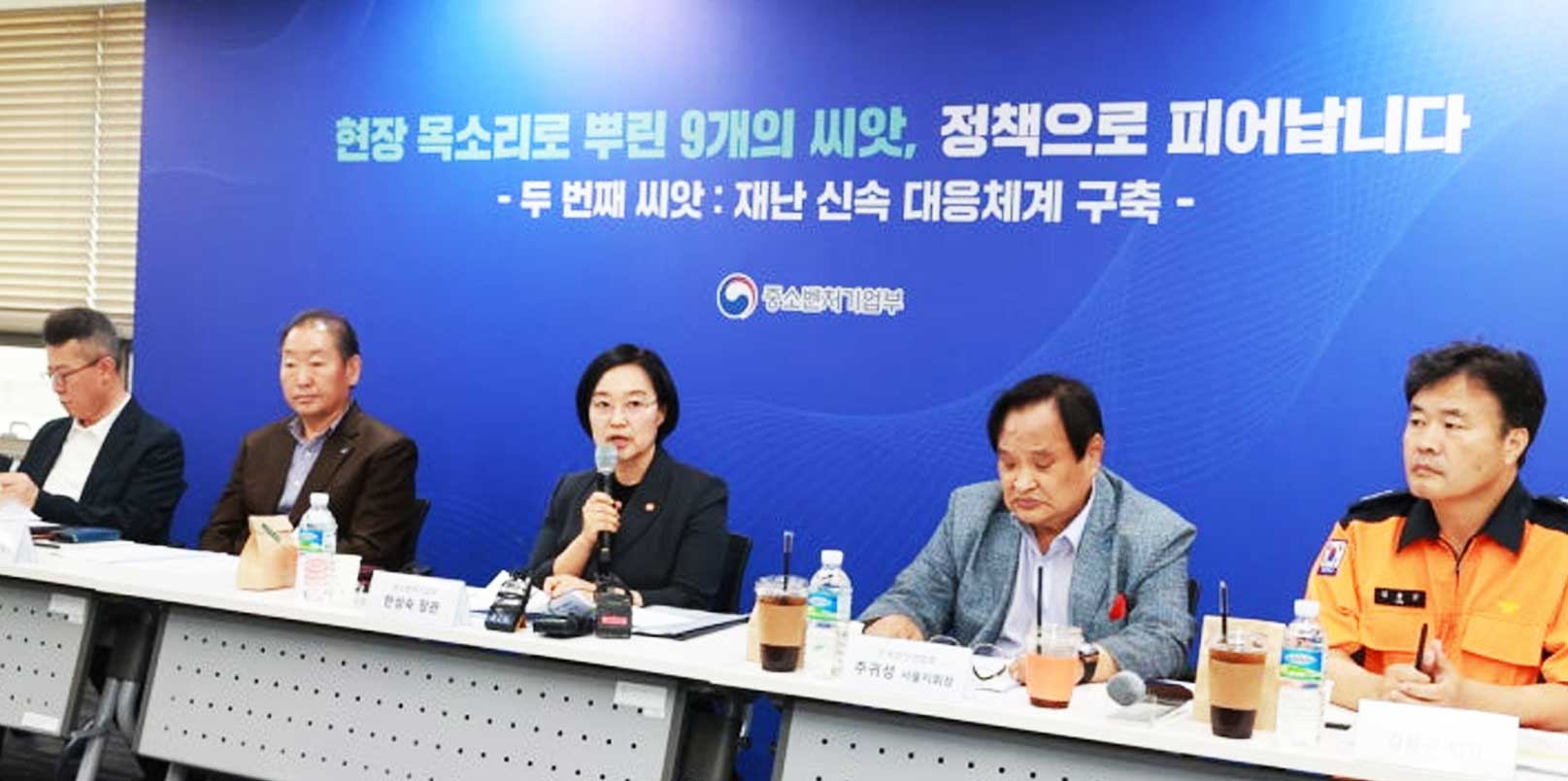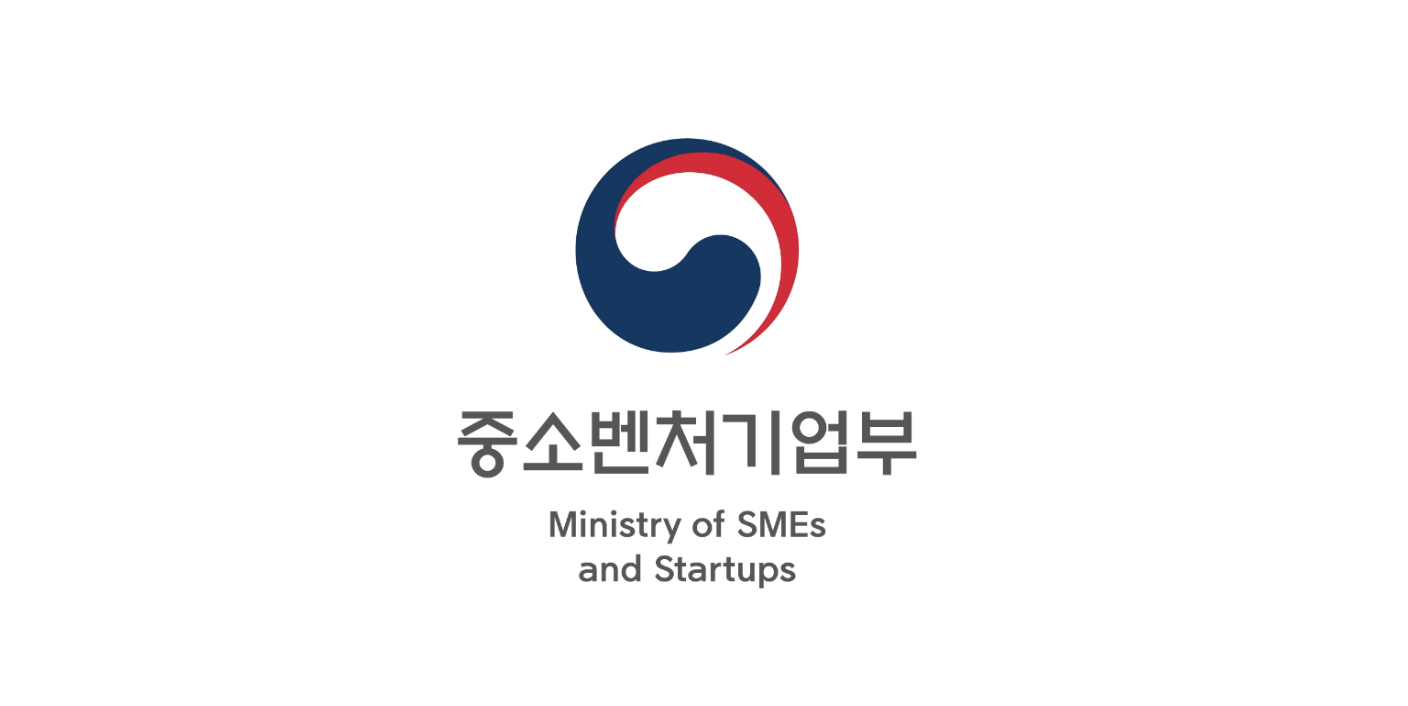South Korea is accelerating its SME growth policy in 2025, with a particular focus on the biohealth sector’s global competitiveness. At a high-level policy roundtable in Osong, the government pledged to overhaul regulations and realign support programs to help promising small and medium-sized enterprises (SMEs) and mid-sized companies (MEs) move from research and development (R&D) through commercialization to overseas market entry.
Korea’s 2025 SME Growth Policy Targets Corporate Scale-Up
On August 8, 2025, the Ministry of Economy and Finance (MOEF), with First Vice Minister Lee Hyung-il presiding, convened the first in a sector-specific series of “SME Growth Relay Field Roundtables” at the Osong Advanced Medical Complex in North Chungcheong Province.
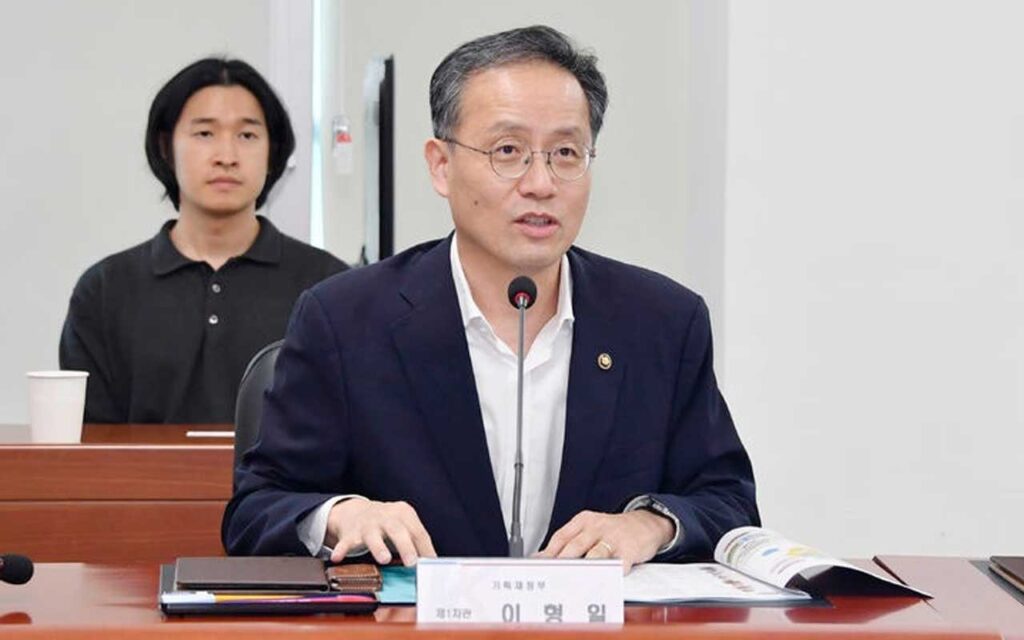
The session brought together senior officials from the Ministry of SMEs and Startups (MSS), the Ministry of Trade, Industry and Energy (MOTIE), the Ministry of Health and Welfare (MOHW), and related agencies, alongside five biohealth SMEs and MEs, including Metitox and Novarex.
The event follows the August 5 inaugural meeting of the government’s Growth Strategy Task Force, signaling a coordinated approach to regulatory reform and support system upgrades for Korea’s SME and startup ecosystem.
Why Biohealth Is in Focus for SME Growth Policy
Biohealth is a priority growth sector in Korea’s innovation economy, with startups and SMEs increasingly targeting overseas expansion.
However, industry leaders say the current biohealth regulatory environment in South Korea creates growth bottlenecks, especially when SMEs transition into mid-sized enterprises and lose access to tax benefits, R&D grants, and other SME-specific incentives.
To address these constraints, participating companies urged the government to:
- Establish “relay-style” support programs that bridge R&D, commercialization, and global business development phases.
- Shift SME support frameworks toward core business growth drivers such as investment, AI adoption, and export market development.
- Reduce regulatory hurdles that slow productization and international market entry.
Government Commitments and Regulatory Reform
In response, officials outlined plans to adjust Korea’s SME growth policy to better align with global expansion needs.
Key measures under consideration include:
- Strengthening investment linkage for promising biohealth technologies.
- Providing targeted commercialization support for globally competitive products.
- Expanding export facilitation and cross-border collaboration programs.
The government also reiterated its commitment to advancing South Korea’s SME regulatory reform framework, shaped based on field-level feedback from businesses and sector associations.
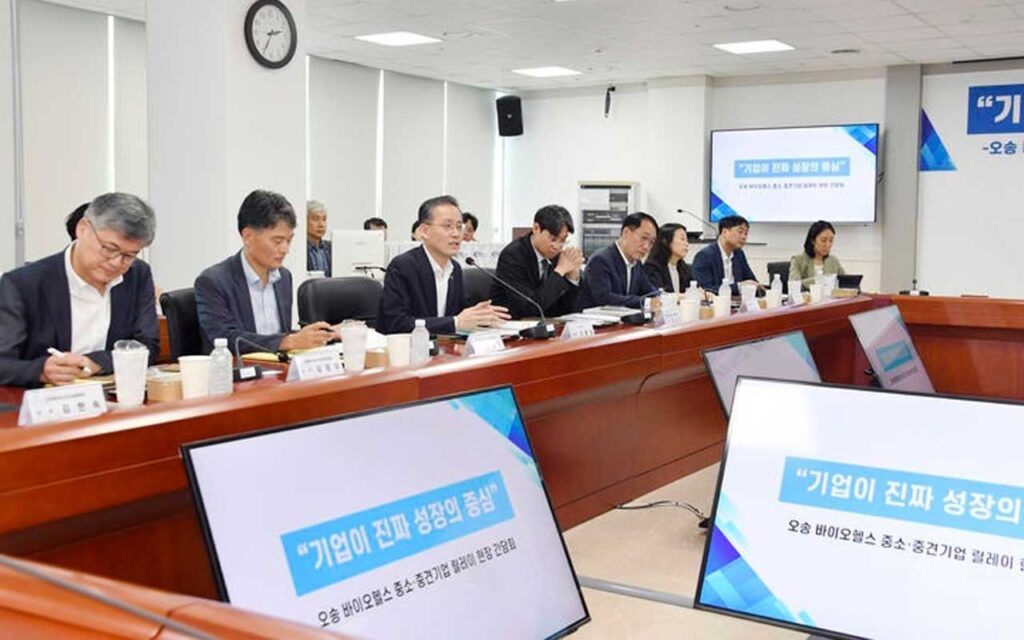
Next Steps: Ecosystem-Wide Consultations
The Osong meeting is the first in the sector- and region-specific roundtable series planned for 2025. Each session will bring together ministries, companies, and industry bodies to identify regulatory barriers and propose actionable reforms.
Discussion topics will include:
- Revising SME and ME classification-related regulations.
- Reviewing holding company regulations that affect growth-stage firms.
- Enhancing inter-ministry coordination to reduce policy fragmentation.
These efforts aim to create a more resilient South Korea’s startup and SME ecosystem where companies can scale without facing abrupt drops in government support when crossing size thresholds.
Strategic Outlook for Korea’s Biohealth Global Expansion
By embedding commercialization and global entry into SME growth policy, the government hopes to strengthen Korea’s position in the international biohealth market.
With rising global demand for advanced medical technology, AI-powered diagnostics, and personalized health solutions, Korean companies have a clear opportunity — provided policy keeps pace with innovation cycles.
The Osong roundtable reflects a growing recognition that how Korea supports SME global expansion in biohealth will directly influence the sector’s ability to compete with established global players.
For startups and SMEs, the shift from R&D to sustained global presence is where policy effectiveness will ultimately be tested.
Stay informed on Korea’s fast-moving startup and tech scene—follow KoreaTechDesk on social media: LinkedIn, X (Twitter), Bluesky, and Facebook for insights, funding news, and industry updates.



